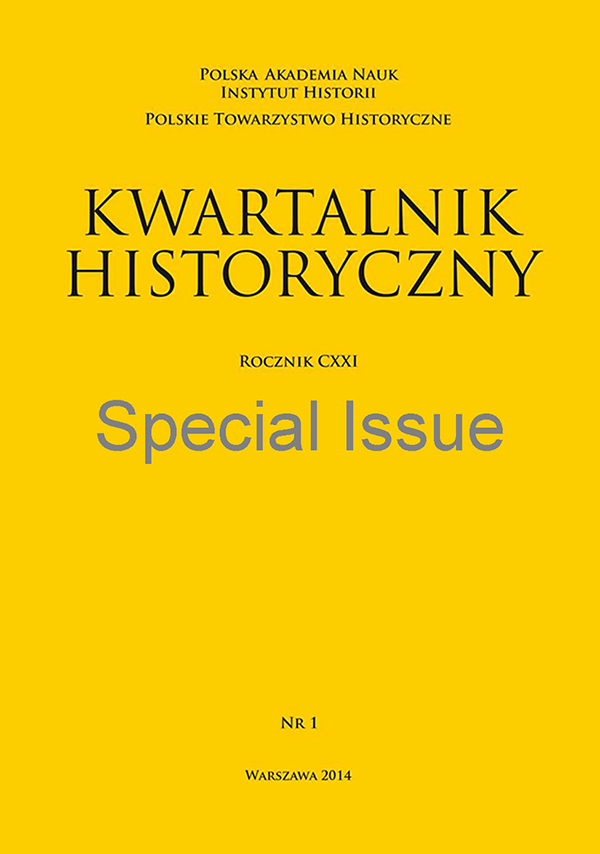Does the Concept of ‘Popular Religion’ in the Middle Ages Still Make Sense? Regarding Alicja Szulc’s Homo Religiosus
DOI :
https://doi.org/10.12775/KH.2014.121.SI.1.07Résumé
This paper discusses the use of the concept and model of ‘popular religion’ in the Polish studies on religious life in the late Middle Ages. Reviewing the book on pastoral work of the first generations of Observant Franciscans in Poland on the one hand (Alicja Szulc, Homo religiosus późnego średniowiecza. Bernardyński model religijności masowej / Homo religiosus of the late middle ages. The Bernardine’s model of popular religion, Poznań 2007, pp. 256), and summarizing debates related to this concept on the other, it stresses the need to work out a new research approach to analysing late medieval religious phenomena and practices. Polish studies in the regard should focus more on the concept of ‘the religion of laymen’, and emphasize a distinction between the Church that teaches and that which is taught.Téléchargements
Publiée
2014-01-01
Comment citer
1.
MANIKOWSKA, Halina. Does the Concept of ‘Popular Religion’ in the Middle Ages Still Make Sense? Regarding Alicja Szulc’s Homo Religiosus. Kwartalnik Historyczny. Online. 1 janvier 2014. Vol. 121, pp. 157-168. [Accessed 1 janvier 2026]. DOI 10.12775/KH.2014.121.SI.1.07.
Numéro
Rubrique
Artykuły recenzyjne i recenzje
Stats
Number of views and downloads: 498
Number of citations: 0



